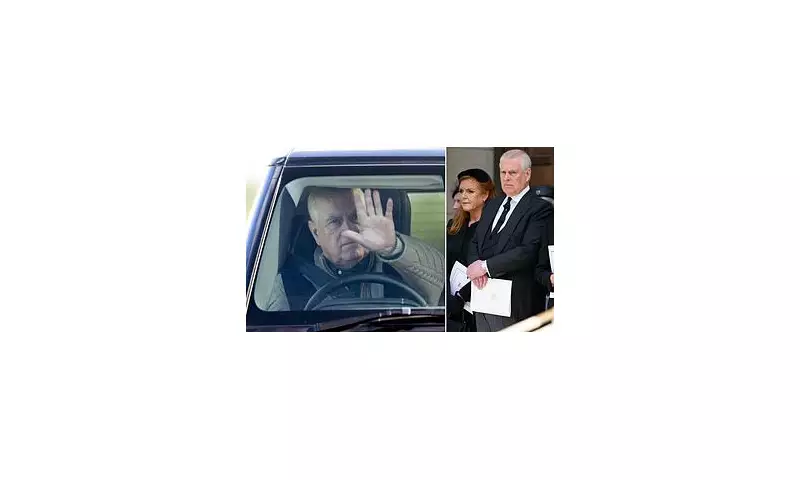
In a decisive move that underscores a new era of monarchy, King Charles III has formally excluded his brother, the Duke of York, from all private family gatherings. This significant sanction is a direct response to the enduring and profound damage caused by Prince Andrew's association with the convicted sex offender Jeffrey Epstein.
The decision, reportedly made after extensive consultations with senior advisors and family members, is rooted in a 'real fear' that the Duke's continued presence at intimate royal events poses an unacceptable risk to the institution's reputation. It signals a clear break from the past and King Charles's intent to protect the Crown from further scandal.
A Firm Line Drawn by the Monarch
Sources close to the palace indicate this is not a temporary measure but a firm, long-term stance. The ban effectively severs Prince Andrew's last remaining ties to the inner workings of 'The Firm,' confining him to a strictly private life away from the royal spotlight. While he remains a Counsellor of State in title, his practical role within the family has been reduced to zero.
The King's resolve was apparently hardened by the Duke's refusal to relinquish his security detail and his continued residence at the sprawling Royal Lodge in Windsor Great Park. This action is seen as the monarch's most powerful tool to express his disapproval, short of stripping titles entirely.
Fergie Also Faces the Consequences
The repercussions extend beyond Prince Andrew. The Duchess of York, Sarah Ferguson, with whom he shares a home, is also understood to be included in the prohibition. This unified approach prevents any potential circumvention of the rules and closes any loopholes, ensuring the couple remain at a distance from the core family unit.
This development follows the settlement of a civil sexual assault case brought against the Duke by Virginia Giuffre in 2022, an event that solidified the palace's view of him as a liability too great to manage.
A Monarchy Looking to the Future
This bold action by King Charles is widely interpreted as a necessary step to safeguard the monarchy's future. By distancing the institution from one of its most controversial figures, the King aims to project an image of stability, integrity, and modernity as he continues to shape his reign.
The message from Buckingham Palace is unequivocal: the focus is now firmly on the working royals who serve the nation, and there is no room for those whose actions threaten to undermine public confidence.





